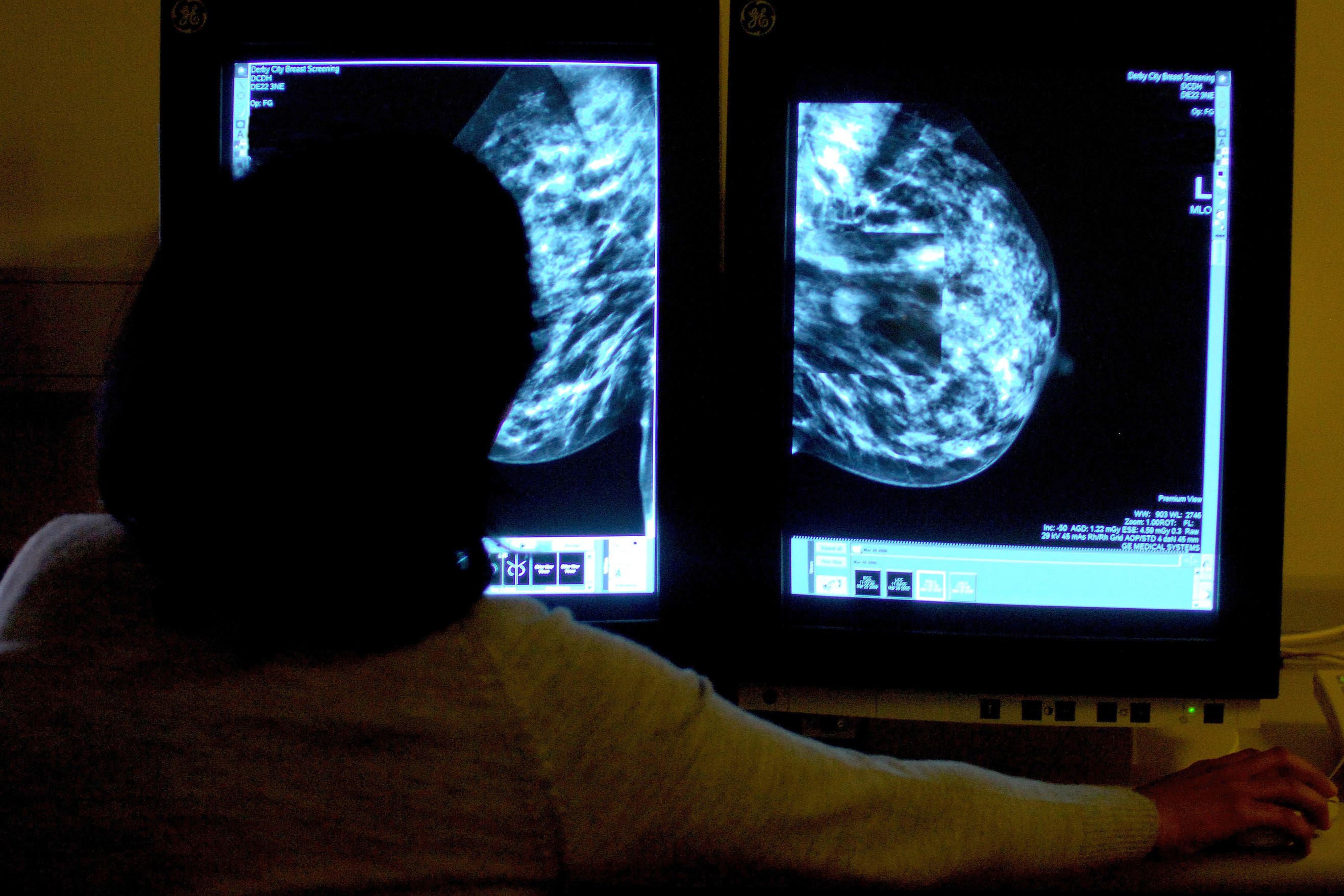Rare protein variant ‘could hold key to transforming breast cancer treatment’
Experts say targeting RAC1B may ‘dramatically boost’ treatment effectiveness.

Your support helps us to tell the story
From reproductive rights to climate change to Big Tech, The Independent is on the ground when the story is developing. Whether it's investigating the financials of Elon Musk's pro-Trump PAC or producing our latest documentary, 'The A Word', which shines a light on the American women fighting for reproductive rights, we know how important it is to parse out the facts from the messaging.
At such a critical moment in US history, we need reporters on the ground. Your donation allows us to keep sending journalists to speak to both sides of the story.
The Independent is trusted by Americans across the entire political spectrum. And unlike many other quality news outlets, we choose not to lock Americans out of our reporting and analysis with paywalls. We believe quality journalism should be available to everyone, paid for by those who can afford it.
Your support makes all the difference.A rare variant of a protein found in human cells may hold the key to transforming breast cancer treatment, scientists have said.
Experts believe that targeting this variant – called RAC1B – may “dramatically boost” treatment effectiveness.
Researchers from the University of Manchester think RAC1B may play a key role in making cancer cells resistant to treatment.
For the first time, our research has shown that without RAC1B, breast cancer stem cells can't form tumours and become more vulnerable to chemotherapy, making the treatment even more effective
They also found that not having this protein variant prevents tumours from being formed and does not cause any harmful effects to organs.
Dr Ahmet Ucar, Breast Cancer Now research fellow at the University of Manchester, said: “For the first time, our research has shown that without RAC1B, breast cancer stem cells can’t form tumours and become more vulnerable to chemotherapy, making the treatment even more effective.
“Positively, RAC1B isn’t needed for healthy cells, so targeting RAC1B with new cancer treatments is unlikely to have severe side effects.
It's exciting that a variant of a previously overlooked common protein could hold the key to transforming the way we treat breast cancer
“We hope that further research will help translate these findings into targeted therapies for breast cancer patients.”
To demonstrate this, the scientists transplanted breast cancer cells into mice.
They found that cells lacking RAC1B had not formed any visible tumours after 100 days.
In addition, breast cancer cells grown in the lab without RAC1B did not recover after being treated with doxorubicin – a chemotherapy medication.
Early-stage discoveries like this can help provide the building blocks for the breakthroughs of the future, leading to new and effective treatments for the 55,000 women and 370 men who are diagnosed with breast cancer in the UK every year
But cells with RAC1B made a quick and robust return when the treatment was stopped, the researchers said.
Dr Simon Vincent, director of research, support and influencing at Breast Cancer Now, said: “It’s exciting that a variant of a previously overlooked common protein could hold the key to transforming the way we treat breast cancer.
“Early-stage discoveries like this can help provide the building blocks for the breakthroughs of the future, leading to new and effective treatments for the 55,000 women and 370 men who are diagnosed with breast cancer in the UK every year.”
The findings are published in the cancer journal Oncogene.